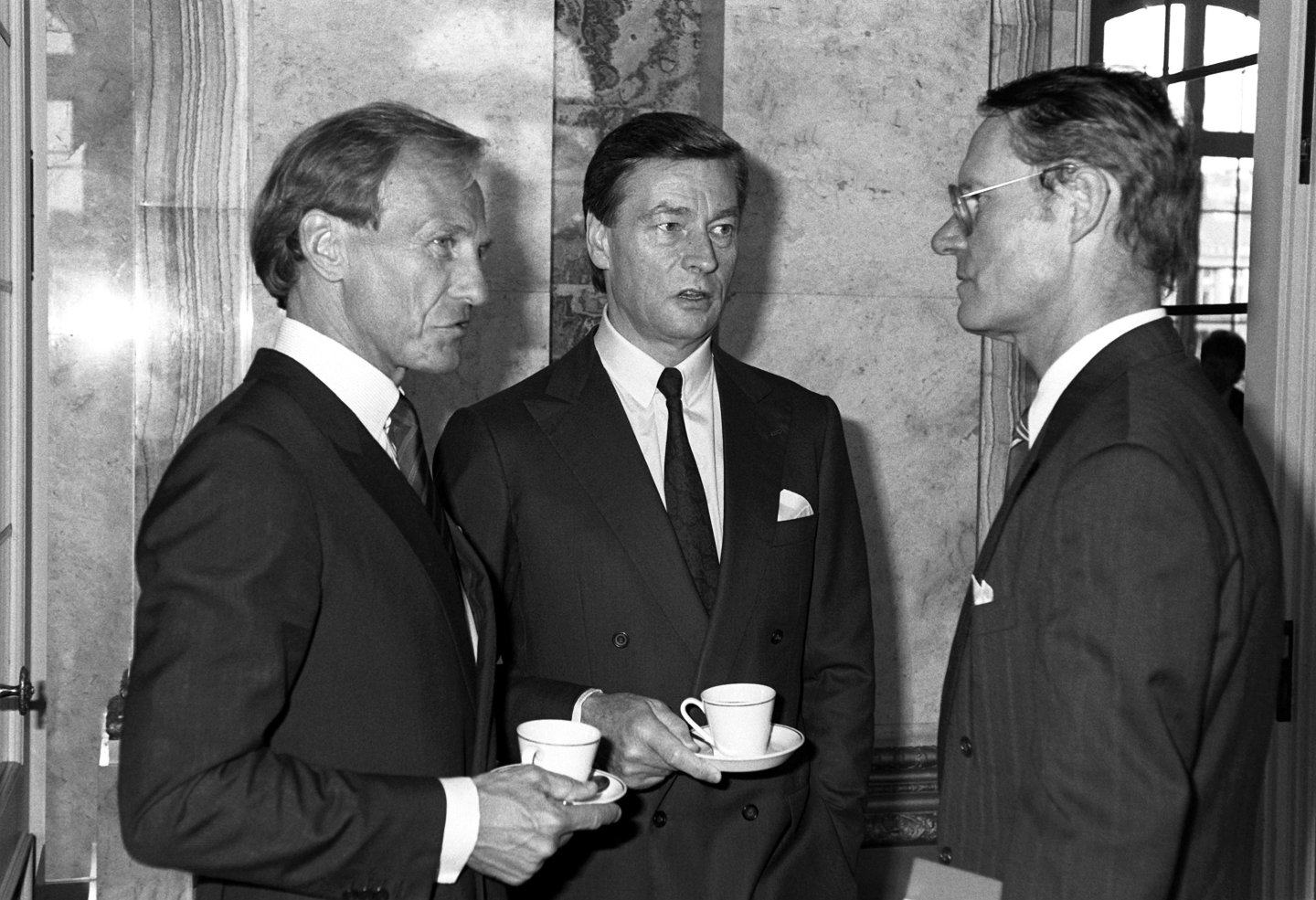McKinsey has become corporate America’s most reliable CEO factory: Eighteen current Fortune 500 chiefs cut their teeth at the consulting firm. That’s a pipeline that rivals even the most elite business schools. Nearly a century after its founding, the firm remains a finishing school for future leaders, with alumni including Alphabet’s Sundar Pichai, Citigroup’s Jane Fraser, Visa’s Ryan McInerney, and Yum China’s Joey Wat.
McKinsey’s longevity as corporate America’s most reliable pipeline for executives is no mere coincidence. While competitors have attempted to out-hustle, out-automate, or out-market it, McKinsey has steadfastly adhered to its original proposition: cultivating elite problem-solvers who learn by doing, side by side with senior management.
As I wrote in a recent magazine feature, McKinsey’s apprenticeship model, a blend of boot camp and leadership lab, has proved remarkably resilient. It consistently produces executives who, the firm says, can adeptly navigate ambiguity, command a room, and make decisions under pressure.
Three decades ago, when Fortune took a deep dive into McKinsey, it was described as “the most well-known, most secretive, most high-priced, most prestigious, most consistently successful, most envied, most trusted, most disliked management consulting firm on earth.”
The writer of that 1993 feature, John Huey, captured the firm’s contradictions: “McKinsey is a very kind place. McKinsey is a very cruel place.” It was a place that attracted “high-performing achievers with egos large enough to block the sun”—then forced those egos to bow to the collective.
Rivals warned that McKinsey risked becoming “the IBM of consulting,” a giant too rigid to evolve—and one competitor compared it with fallen “dinosaurs” such as Eastman Kodak, Sears, and Pan Am. “I think they have a bunch of the same cancers and ten years from now won’t be as strong as they are today,” he told Huey.
But others recognized the firm’s defining advantage: deep, almost ritualistic relationships with CEOs and boards that kept clients returning “time and time again.” The article noted that McKinsey consultants were “sprinkling holy water around at half the companies in the Fortune Global 500.”
That hasn’t changed. And the predictions of the firm’s decline and downfall have not come true. In the 32 years since, McKinsey has expanded from about 3,000 consultants to more than 45,000 employees in over 65 countries. It has advised the world’s biggest companies through globalization, digital transformation, and now AI disruption, while spinning out a steady stream of corporate leaders.
Reading the 1993 piece today, you can see the DNA of the modern McKinsey, from the culture of confidence and secrecy to the tension between idealism and ambition. For all the changes in business, McKinsey’s core formula of mentorship, rigor, and self-renewal remains intact.












